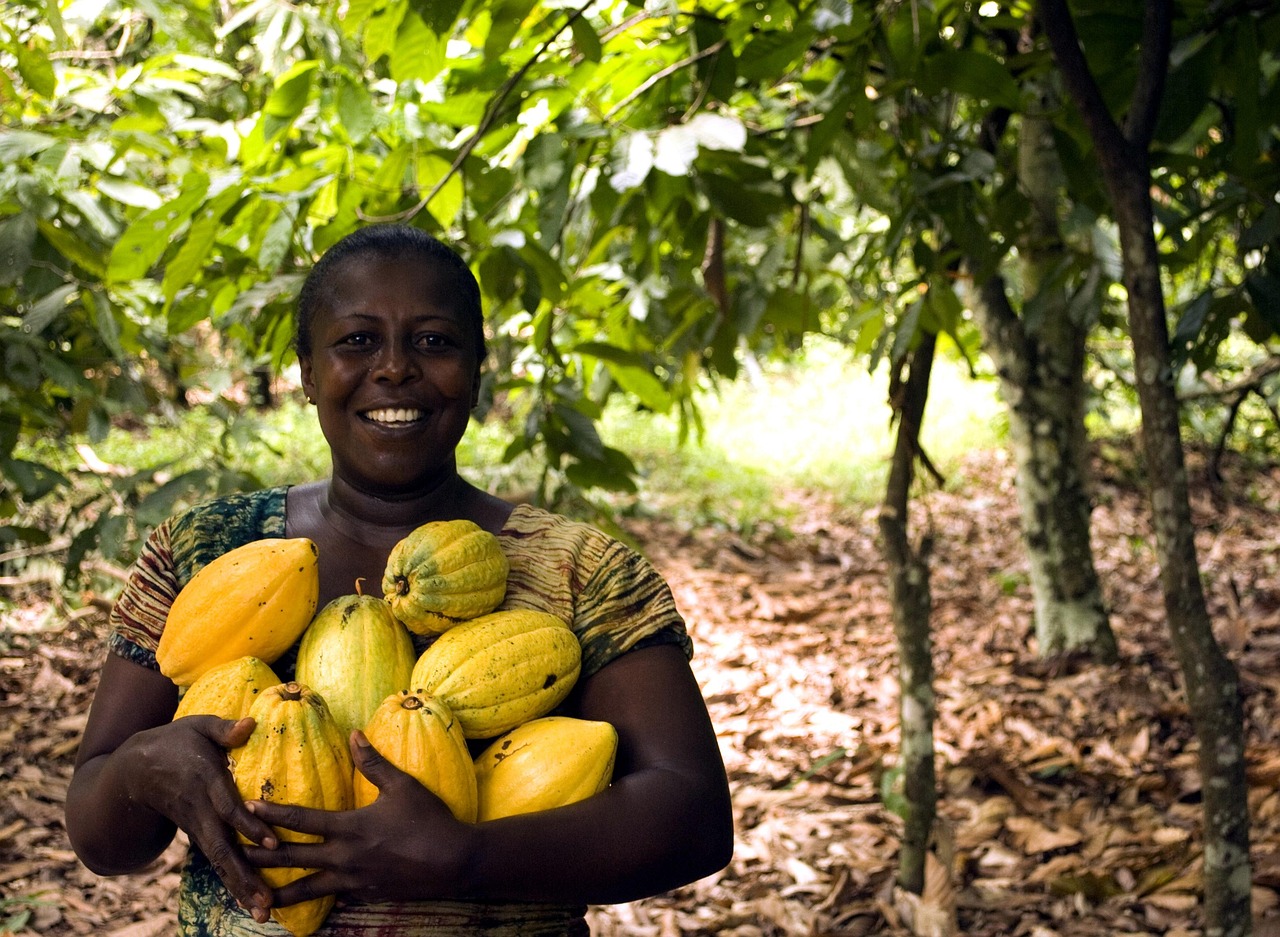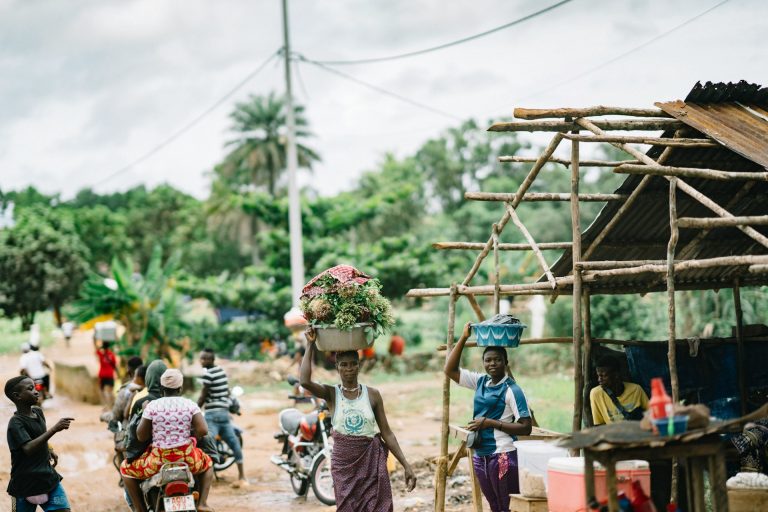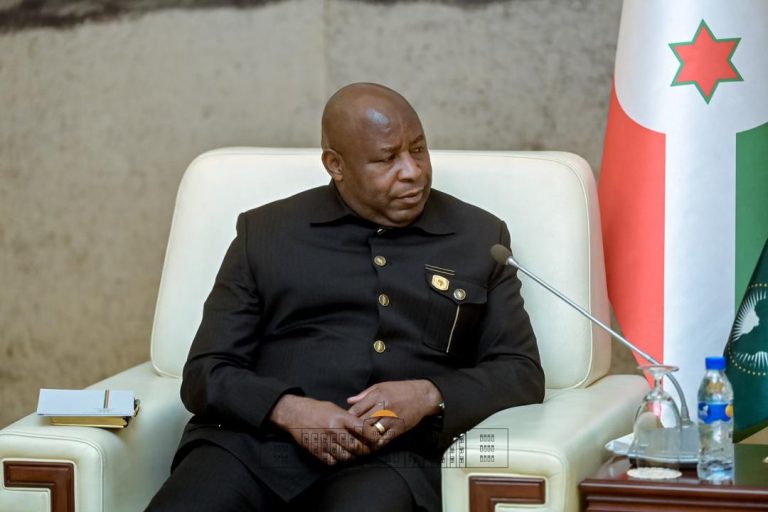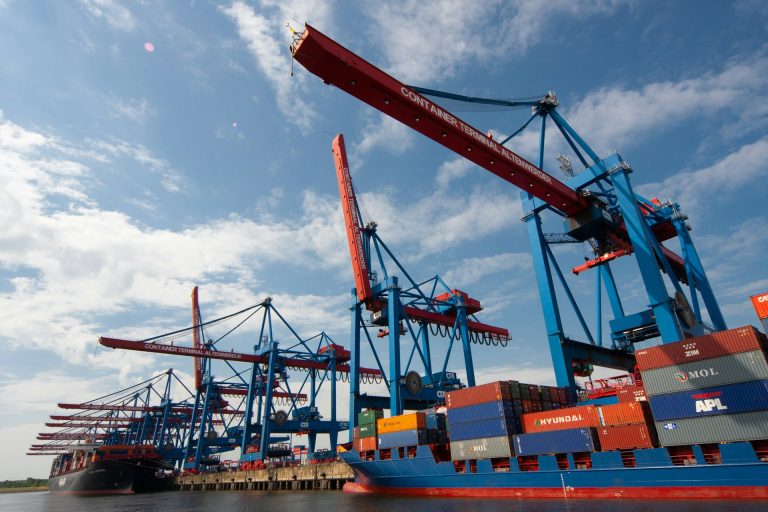- Smuggling drains cocoa revenue and cripples production
- Security officers accused of aiding cross-border syndicates
ACCRA, GHANA – Ghana has lost more than $1.1bn in cocoa revenue between 2022 and 2025 due to escalating smuggling along its eastern borders.
The scale of the crisis was disclosed by the Ghana Cocoa Board (COCOBOD) during a working visit to the Volta and Oti regions, where officials said compromised security personnel helped move beans illegally into Togo and Côte d’Ivoire.
Jake Kudjo Samahar, COCOBOD’s Director of Special Services, said the three-year revenue loss coincides with an alarming decline in recorded production in the eastern corridor.
“We are losing a lot of revenue because if you look at within three years from 2022-2025, Ghana has lost almost $1.1 billion through cocoa smuggling into neighbouring Togo and Côte d’Ivoire,” Samahar said.
He added that the fall in official output reflects how deeply smuggling networks have penetrated farming communities.
“The tonnage recorded for 2020/21 crop year was 7,215.19, which reduced to 5,656.25 in 2021/22, further downward to 874.31 in the 2022/23 crop year, while 2023/24 recorded 468.75 tonnes with 2024/25 crop year recording 87.06 tonnes,” he added.
The Volta and Oti regions alone have lost 7,128.13 tonnes of cocoa to smuggling between the 2020/21 and 2024/25 crop years—an almost complete collapse of legitimate supply flows.
Security breaches and a system under threat
According to COCOBOD, border enforcement failures lie at the heart of the problem. Smuggling occurs through two channels: movement of beans directly from farms into neighbouring Togo, and “transit ones” where beans from other cocoa-producing regions are routed through the eastern corridor before crossing the border.
“This means that the security services are not manning their checkpoints. Some of them have compromised themselves very much,” Samahar said.
Officials warn that corrupted checkpoints allow smugglers to move large consignments undetected, undermining Ghana’s regulatory framework and weakening its ability to collect export duties. The steep fall—from more than 7,200 tonnes in 2020/21 to a projected 87.06 tonnes this season—highlights the magnitude of the breakdown.
Economic fallout stretching beyond the cocoa belt
The $1.1bn revenue hole has wider consequences for Ghana’s economy, already grappling with foreign-exchange shortages and inflationary pressures. Cocoa remains the country’s second-largest foreign-currency earner after minerals, and the leakage has weakened reserves crucial for stabilising the cedi.
The shortfall also restricts government spending on infrastructure, farmer support schemes and social services. Officials warn that hundreds of thousands of cocoa-dependent households face shrinking incomes as the illegal trade distorts farm-gate prices and drains resources from local communities.
As international demand for chocolate rises and prices hit record highs, COCOBOD fears Ghana’s global market share could further erode unless border corruption is tackled and enforcement strengthened.











